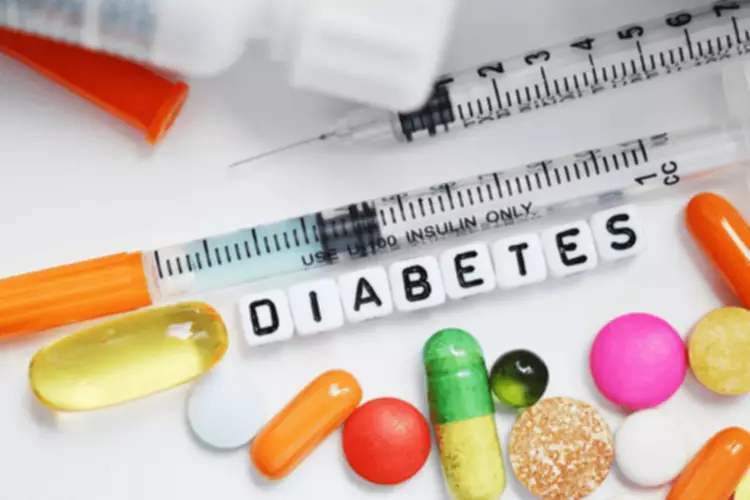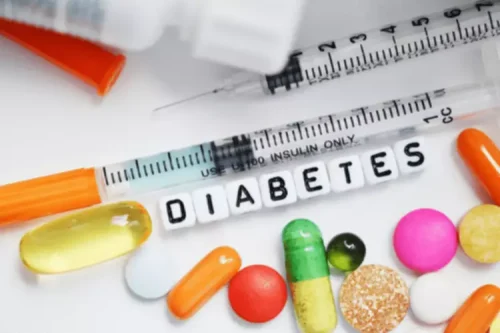
Alcohol intolerance is caused by a genetic condition in which the body can’t break down alcohol efficiently. The only way to prevent these uncomfortable reactions is to avoid alcohol. Antihistamines taken by mouth are good if you have eye symptoms as well as nose symptoms.

What is rhinitis?

Just as grapes can become wine, table fruit that becomes too ripe might contain enough alcohol to cause a reaction in someone with an alcohol allergy. Some signs of anaphylaxis include swelling, itching, tightening of the throat and mouth, a weak or rapid pulse, fainting, shock, and loss of consciousness. Depending on the allergy severity, a person may treat symptoms with over-the-counter medications, such as oral antihistamines, if the reaction is mild. Hodgkin lymphoma is a blood cancer that can affect a person’s lymphatic system. People with this condition usually experience swelling in the lymph nodes in areas including the neck, armpits, or groin.

Ready to treat your allergies with expert care?

Our board-certified providers can perform an exam, evaluate your symptoms, and test you for allergies to create a personalized treatment plan. You are now leaving thermofisher.com and going to a site owned and operated by an independent third party. Thermo Fisher Scientific is not responsible or liable for any content or services of any independent third-party site. Thermo Fisher Scientific does not represent independent third parties or the customer if the two enter into a transaction. Privacy and security policies on these sites may differ from those practiced by thermofisher.com.
- In some cases, they might use an oral challenge test to diagnose an allergy or intolerance.
- One is that alcohol dilates blood vessels in the nose, which can cause irritation and lead to sneezing.
- “For some people with sensitive airways, such as asthmatics, consuming sulphites in alcohol may cause wheezing,” she explains.
- Very rarely, a person may have a “true” alcohol allergy, meaning they are allergic to the ethanol in alcohol.
How is alcohol allergy diagnosed?
These tests help to look for the exact cause of your symptoms. If you have any severe or painful symptoms after drinking alcohol, don’t just brush it off as alcohol intolerance. These side effects could be caused by a serious allergy and warrant a visit with your doctor to address your symptoms. What’s more concerning, however, is that some medications can lead to uncomfortable (even dangerous) side effects when combined with alcohol.
Nasal douching
It’s essential to differentiate between alcohol intolerance and alcohol allergy. Alcohol intolerance is more common and usually manifests as facial flushing, nausea, and a rapid heartbeat after consuming alcohol. This condition is often due to a deficiency in an enzyme called aldehyde dehydrogenase. In contrast, an alcohol allergy involves an immune system response and can be much more severe.
When to see a doctor
The enzyme diamine oxidase breaks down histamine that people consume from foods and beverages. If people do not produce enough of this enzyme, they may not break down histamine efficiently, which may lead to intolerance symptoms. Alcohol allergy symptoms can range from mild, such as an itchy mouth or eyes, to severe, including vomiting or anaphylaxis. The immune system overreacts to this exposure in the body, treating alcohol as a threat. The body produces antibodies, and when they encounter alcohol, they set off a systemic allergic reaction. We will also look at what causes alcohol allergies and review the differences between alcohol allergy and intolerance.
- Alcohol intolerance is typically diagnosed through a combination of self-observed symptom tracking, a detailed medical history and a physical exam.
- But alcohol tolerance is more complicated than just being “a lightweight” or not.
- Nonallergic rhinitis involves sneezing or a stuffy, drippy nose.
- Other tests, such as a detailed examination of your nose, are sometimes needed to look for other possible causes of your symptoms.
- Persistent rhinitis is an ongoing (chronic) condition that usually needs regular treatment to prevent symptoms.
Health Challenges
These are called immunoglobin E (IgE) and may help to identify any particular antigen. In some people, no specific trigger for their persistent rhinitis may be found. Idiopathic means that there is no certain cause that has been found. Common symptoms include sneezing, a blocked or stuffy nose, a runny nose (watery discharge) and an itchy nose. Nonallergic rhinitis most often doesn’t cause an itchy nose, eyes or throat. Everything we consume is broken down sneezing after drinking alcohol by enzymes in our bodies.

What is the difference between alcohol allergy and intolerance?
- This means that the mucus in the sinuses becomes blocked and can be more easily infected.
- An alcohol allergy and alcohol intolerance are two different conditions.
- The bad news is that you can’t really do much about it, or that unwelcome nasal congestion that comes along with it, aside from just not drinking alcohol.
- They are not used very often because of this, but are occasionally useful for people who have distressing symptoms at night, when drowsiness might be useful.
IgE is an antibody that suggests that a person may have allergies. The doctor may refer the person to an allergy specialist for further testing and treatment. Aldehyde dehydrogenase (ALDH2) is an enzyme that your body uses to digest alcohol. It turns alcohol into acetic acid, a main component of vinegar, in your liver.















Θα πρέπει να συνδεθείτε για να σχολιάσετε